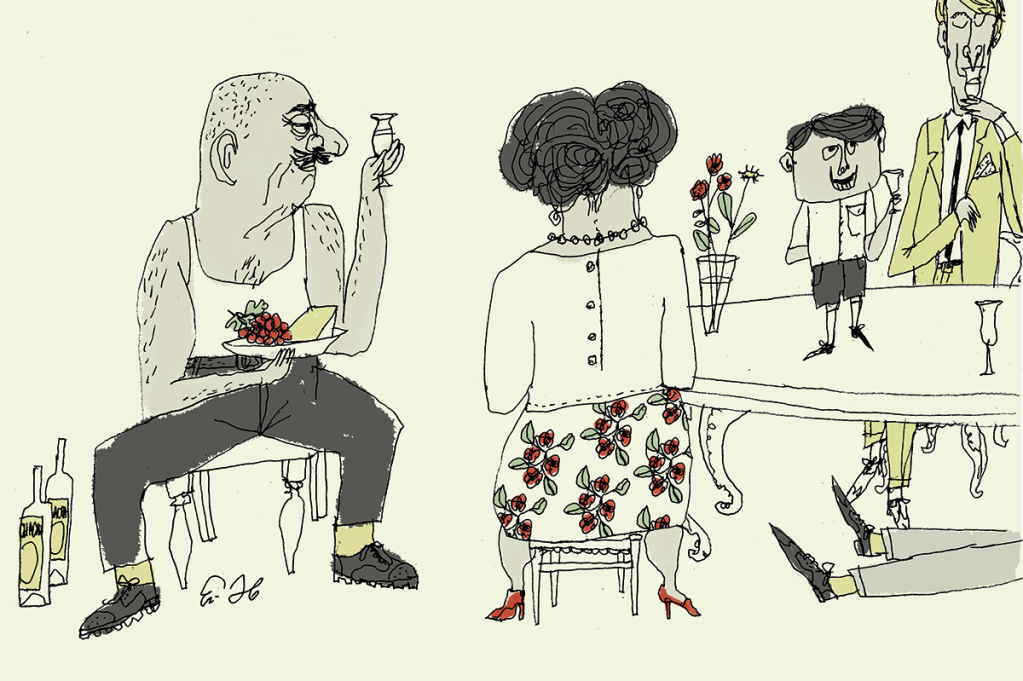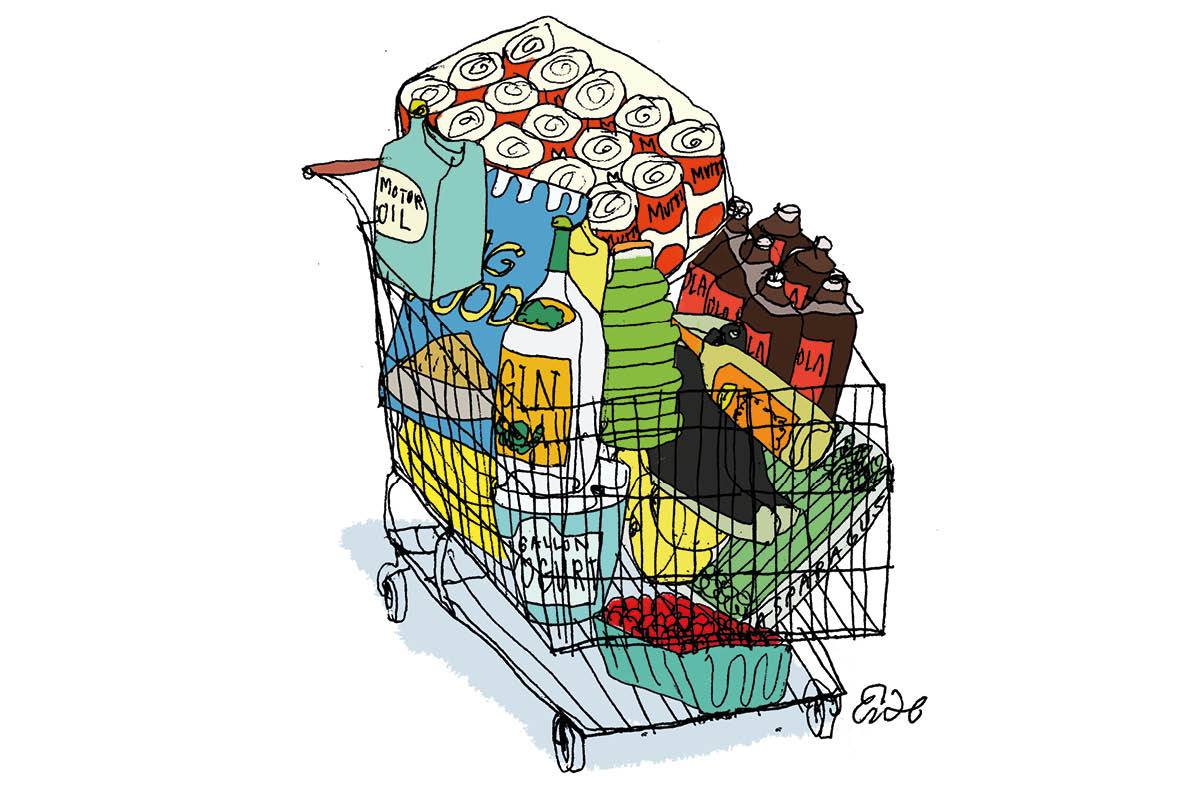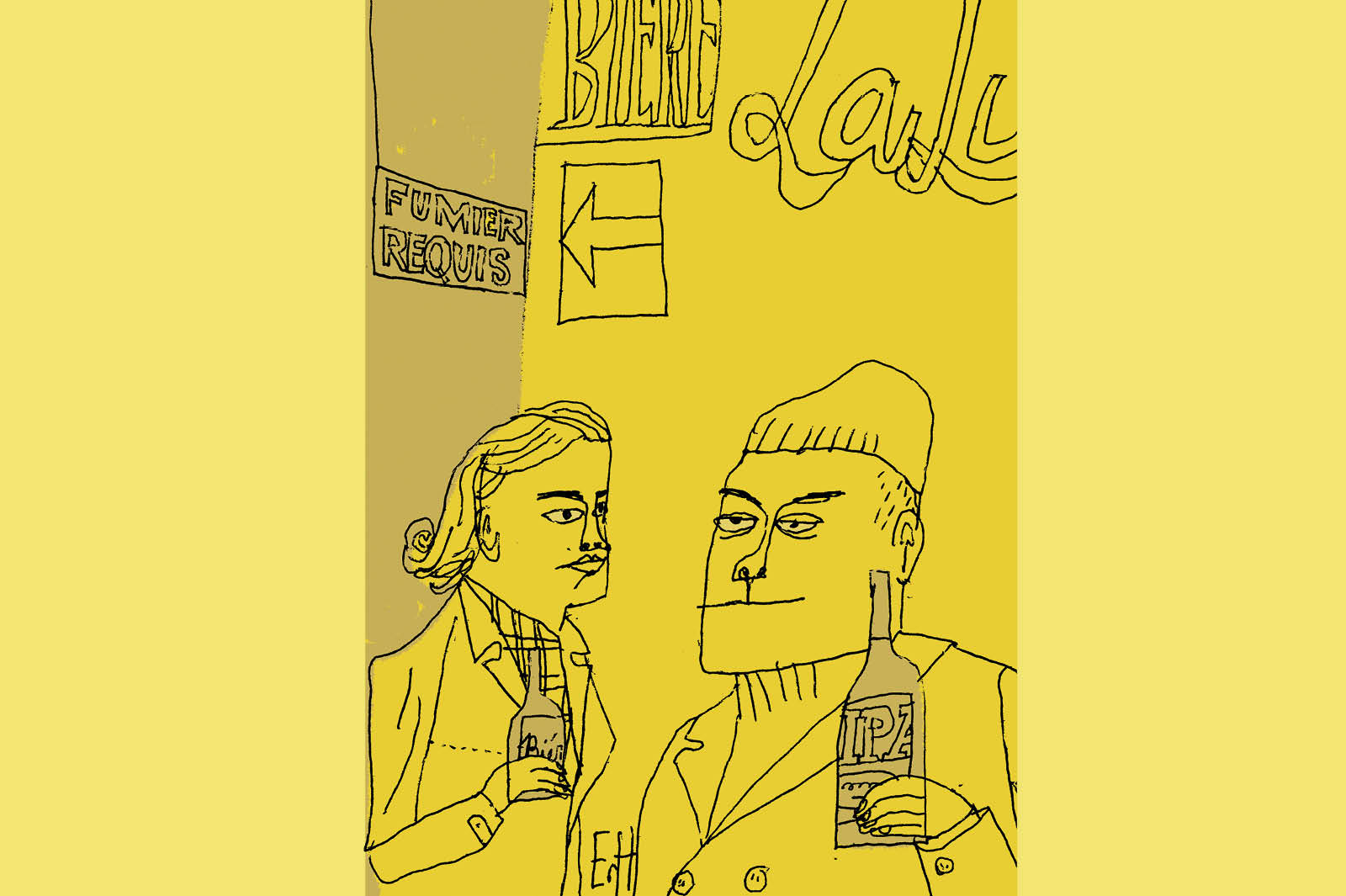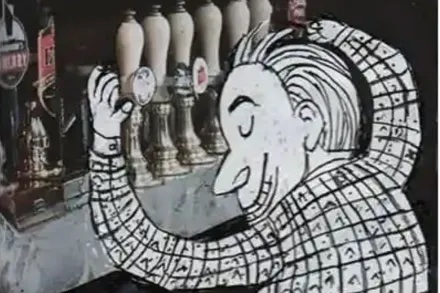There are a few words you need to know when visiting Georgia — gamarjoba for “hello,” madloba for “thank you” — but one word is absolutely crucial, and that is gaumarjos, for “cheers.” The Georgians are serious drinkers, as I recently discovered while visiting a friend in Tbilisi. And when they drink, they toast. And when they toast, they don’t stop toasting. In Georgia, raising a glass is an essential ritual of the supra, their ancient tradition of the feast. The recent discovery of a bronze tamada (“toastmaster”) figurine from 600 bc means it’s older than the development of their written language.
As with any ancient ritual, toasting has its own set of rules. At each meal the host, or whoever’s footing the bill, appoints a tamada, usually for his strong oratory skills and strong head. On my first night in Tbilisi I supped with my friend’s family, and this honor fell upon the youngest son, who made several compulsory toasts (to the host, to those present, to the deceased, etc.) before going off-piste and raising a glass to Love, to Happiness, and to Guests. In Georgia there is a saying that “a guest is a gift from God.” Naturally, once you’ve blushed your way through such a toast you want to respond, but etiquette holds that only the tamada can make a toast. If you wish to propose your own you must request permission (preferably written) from the tamada, who then makes the toast on your behalf.
John Steinbeck encountered this difficulty when he and the photographer Robert Capa were touring the Soviet Union in 1947. The two had set out to meet Stalin and capture the mood of the Russian people but ended up on a sort of food-and-wine tour of the Caucasus. They were completely overwhelmed by the hospitality they received, particularly in the Georgian SSR, leading Steinbeck to quip that “Russia’s secret weapon, towards guests at least, was food.”
In a Black Sea farmhouse, they experienced their first tamada ritual when the farmer’s best friend got up and made a long toast (every sentence needing to be translated from Georgian into Russian and then English) to the hope of a Soviet-American trade deal that would smooth over tensions between the two powers. Since the Americans were foreigners and unable to pass on a written note, they were permitted to answer this toast, so they stood up and raised a glass to the abolition of curtains of all kinds, nylon and so on, but “iron curtains” especially. What followed was a typical Georgian scene. Wine leapt from the decanters; everyone clinked glasses and singing and dancing broke out. (Traditionally one toasts with wine, ideally swigged from a drinking horn, but the younger generation are less discriminating — my friend toasts with whatever he can get his hands on.)
One day we drove into the foothills of the Caucasus, Europe’s highest range, which act as a formidable, reassuring border with Russia. Here we toasted with chacha, the 120-proof Georgian grappa. Visiting a monastery a stone’s throw from the “neutral zone,” we tasted a chacha homebrewed by the monks. The man giving us the tour — a kind, sensible young monk — took this opportunity to try to convert me into the Orthodox church. “Pray to God that you find Truth,” he resolved, before we raised glasses and said gaumarjos.
At supper that evening the table overflowed with khinkali, (meat dumplings), the famous cheese-bread khachapuri and beer. Our tamada was a big, burly man, head of the region’s national park. He was on a forty-day Orthodox winter fast, which meant no meat and no dairy, but it did not mean no chacha. He proceeded to raise about fifteen toasts, and by 7 p.m. I was completely slaughtered. His conversation now seemed to be strictly made up of toasts. My friend translated as he raised a glass to appreciation: appreciation of family, of friends, of guests, of the departed. Every cynical bone in my body dissolved as I got swept up by the sentiment of it all. We toasted Georgia, its culture and its history (all separately), and then England, its culture and its history. As we drove back into Tbilisi, I reflected that we might have a lot to learn from this proud and fiery people.
The next morning I had completely changed my mind — I awoke with the most appalling hangover and swore I would never go near chacha again. But my friend insisted on the healing powers of chikhirtma, a traditional chicken broth and veritable hangover cure, and an afternoon in the bathhouse did the rest. In fact, the city takes its name from its hot springs; tbilisi means “warm place.”
It’s a strange thing to return from a holiday no poorer than when you set out. But such was the hospitality of the Georgians I encountered. And it is this warmth and generosity which lies at the heart of their toasting tradition. As an immediate call to the present — a sort of boozy version of “mindfulness” — it is a recognition of fortune. The fortune of being alive and well, of having friends and family present, of having wine and khinkali on the table. Through centuries of invasion by Russian armies from the north, and Arab and Ottoman forces from the south and west, the Georgian spirit has remained unbroken. With its strong sense of independence and culture, its fertile wine regions and Black Sea beaches, it’s little surprise that Georgia is considered the jewel in the post-Soviet crown.
On leaving Tbilisi, Steinbeck was struck by similar feelings of awe: “It is a magical place Georgia, and it becomes dream-like the moment you have left it. And the people are magical people. It is true that they have one of the richest and most beautiful countries in the world, and they live up to it. And we understood thoroughly now why Russians had always said to us ‘Until you have seen Georgia you have seen nothing.’”
So let us think of the many Georgians and their loved ones, here and departed, and to their beautiful country. And let us raise a glass to them. Gaumarjos!
This article was originally published in The Spectator’s April 2023 World edition.

























